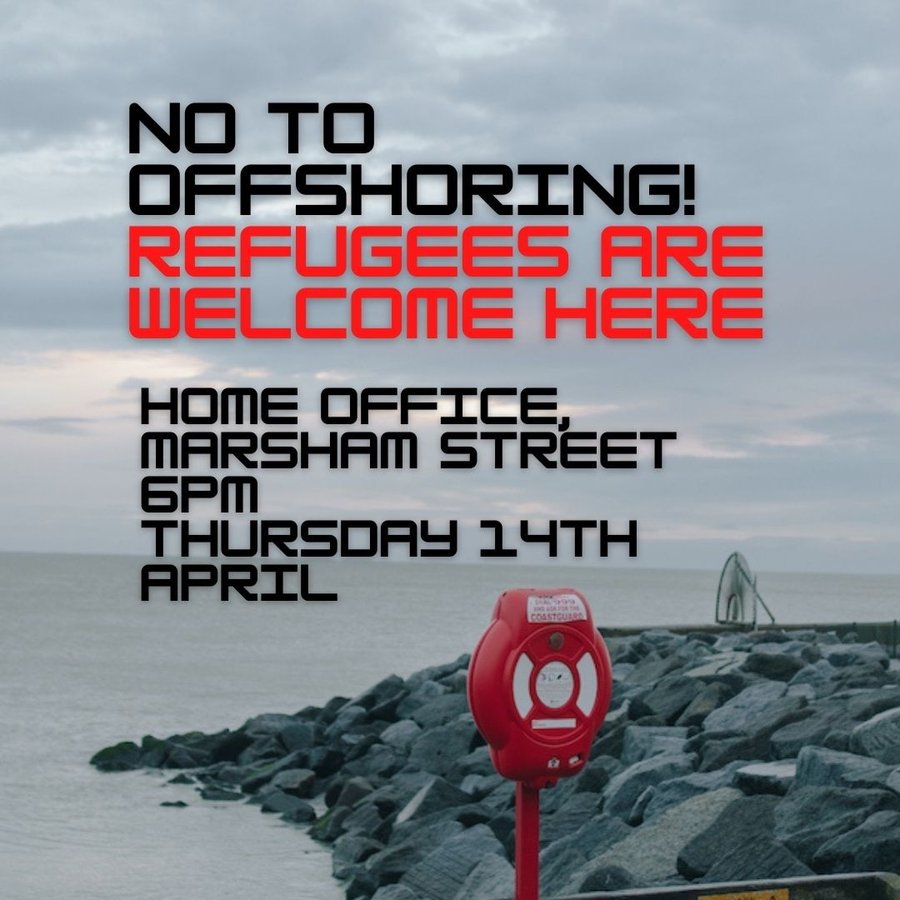Oliver Eagleton has had a book, “The Starmer Project” published by Verso. Eagleton is the assistant editor of the New Left Review and has been doing the circuits to get the book some publicity. I placed my order late last week. It has been previewed by Eagleton himself on Novara Media, and reviewed by Richard Seymour in the New Statesman (£).
Eagleton compares Starmer with Blair, and finds him wanting as, he argues, does Blair, whom he suggests is exploring a Macron like personality based centrist project. Eagleton argues that despite Blair’s essential centrism, his politics had an optimism, originality and Blair was a great orator although, on the downside, he accuses Blair of introducing a crime for each day of office and he went to war in Afghanistan and Iraq and lost 5m votes between 1997 and 2010. He argues all that’s left for Starmer is the authoritarianism and the need to expunge left social democracy as a political option for Britain. Eagleton also notes that Starmer’s cleaving to the Tory agenda is a result of Labour’s unwillingness and lack of ambition to rebuild/build a winning electoral coalition. Eagleton also did an interview with Caitlin Doherty of Jacobin which reprises these arguments and also reinforces the argument that Starmer is a bureaucrat, which is one of the reasons that Starmer’s attack lines are about managerialism and competence, and not on policy values. It’s a sad observation that the anti-corruption legal remediation comes from NGOs such as the Good Law Project.
Seymour writes a pen picture of Starmer’s route to today, his youthful leftism, his early days as a human rights lawyer, his slow route to becoming the DPP and his record in that role. Seymour summarises the position in 2015 as
By the time Starmer launched his political career in 2015 as Labour MP for Holborn and St Pancras, his radical days were behind him. He was a middle-of-the-road Atlanticist with close ties to the state. A number of “activists”, including City financier Paul Myners and Guardian journalist Polly Toynbee begged him to stand in the Labour leadership contest in 2015. He declined, backing Andy Burnham, with whom he was politically aligned, while favouring economic austerity and a tougher line on immigration.
Seymour – New Statesman
I cannot believe the hubris of suggesting an MP with no time in the House of Commons stand for Leader; it’s on par with appointing people with no election campaigning experience to senior roles in the Labour Party’s organisation and field operations teams.
Seymour looks at Starmer’s role in Corbyn’s cabinet as the shadow spokesperson on Brexit. This is where I part company with Seymour. Labour’s slow move from a worker’s Brexit to a second referendum was driven by three things. The first, the unacceptability of the Tories terms, whether May’s or Johnson’s. Neither Labour Conference nor the 2017 manifesto agreed to “Brexit under any terms”; Fisher, its author, always reminds people, that Labour supported the results of the referendum, provided the terms were acceptable. Secondly, the majority of Labour’s members and voters wanted a second referendum and wanted to remain, much of Labour’s astonishing performance in 2017 was due to remainers having nowhere else to go with only Labour offering any hope of either better terms or remaining. This support within the Party for the EU and the obvious economic damage is what led Corbyn’s closest and longest term allies to come to the conclusion that the Tory Brexit had to be stopped. They became more public after #lab18 and Starmer’s speech. The third factor is that an influential faction within the Labour Party wanted Brexit on any terms; it proved impossible to persuade them to co-operate with the Party and its whip and their parliamentary allies were encouraged by senior members of Corbyn’s office. The reality was that there was no path to Lexit and while Seymour presents Corbyn as seeking to find one, it was never on the table and I question Corbyn’s commitment to it; LOTO were freelancing. May would not or could not compromise enough to get Labour on board and Seymour is silent on the role of Labour’s so-called Lexit MP votes in the meaningful votes (or on medium) in the Spring of 2019 which in retrospect can be seen to have sunk any chance of remaining and although not known at the time sank Corbyn’s leadership. If anything, Starmer’s ’18 speech prolonged Corbyn’s leadership; his interventions on immigration were unhelpful to the Remainer’s cause and to Corbyn.
I have no doubt that many of those inside the Labour Party campaigning for a second referendum did so in bad faith and in the hope of bringing Corbyn down, but not all and the so-called praetorian loyalists who wanted Brexit played into their hands and eventually legitimised the votes of those who voted for Johnson’s Tories for the first time because they too wanted Brexit.
Starmer in his election run for leader did not mention Brexit or the EU and neither did his 10 pledges. This was an obvious clue for those for whom Brexit was the critical issue. Throughout the Corbyn leadership, Starmer has been poor on immigration for instance insisting on toughening up the words in the ‘17 manifesto, other events are listed in Seymour’s review. He was not a serious remainer. Many Labour remainers will have voted for Starmer, but must be disappointed although the clues were there. Some of them have left.
I sort of wonder, why did he lie in his 10 pledges. Has he been captured by the progenitors of New Labour? Or as Seymour says, is triangulating with the Tories where he always wanted to go. Seymour also suggests that oddly like Johnson, the ambition to get the job, is more than the ambition to do something good. There is no doubt he has powerful friends and allies who sustain him in his uber-factional, yet politically empty project.
To get more of the story, we’ll have to wait for Michael Chessum’s book, “This Is Only the Beginning: The Making of a New Left” which is not yet available; I am also hoping that Michael looks at the efforts of Labour RemaIN as Labour’s self-destruction over Brexit probably started within that campaign, or even in the seventies when Wilson allowed the Cabinet to do what they liked. This established the precedent that unlike elections, Labour members could campaign against the Party. …








